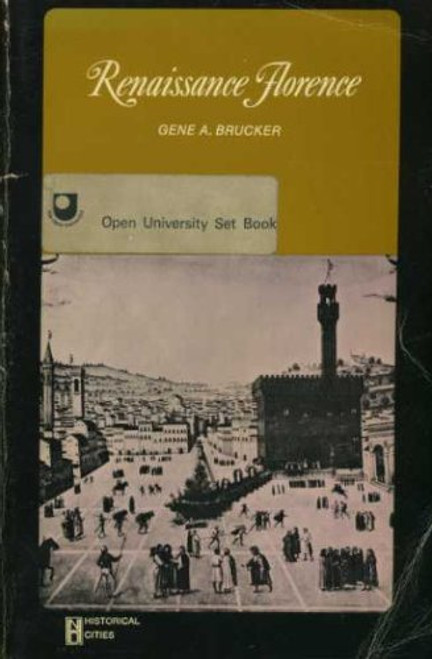Product Overview
At the height of his power in New York City, around 1870, William Marcy (Boss) Tweed's hands were everywhere in city government and party politics. His success in looting the city treasury and using the payoff to achieve his objectives earned him a reputation as the classic example of the corrupt municipal boss. Amidst the turbulent political and social conditions of a metropolis in the making, Boss Tweed was, according to Mr. Mandelbaum, the right man at the right timea master communicator who united the elements in a divided society. In effect he replaced the good communications which the author argues are essential to democratic decision-making. Mr. Mandelbaum's analysis of the historical situation is a cogent case study in the democratization of American society.








